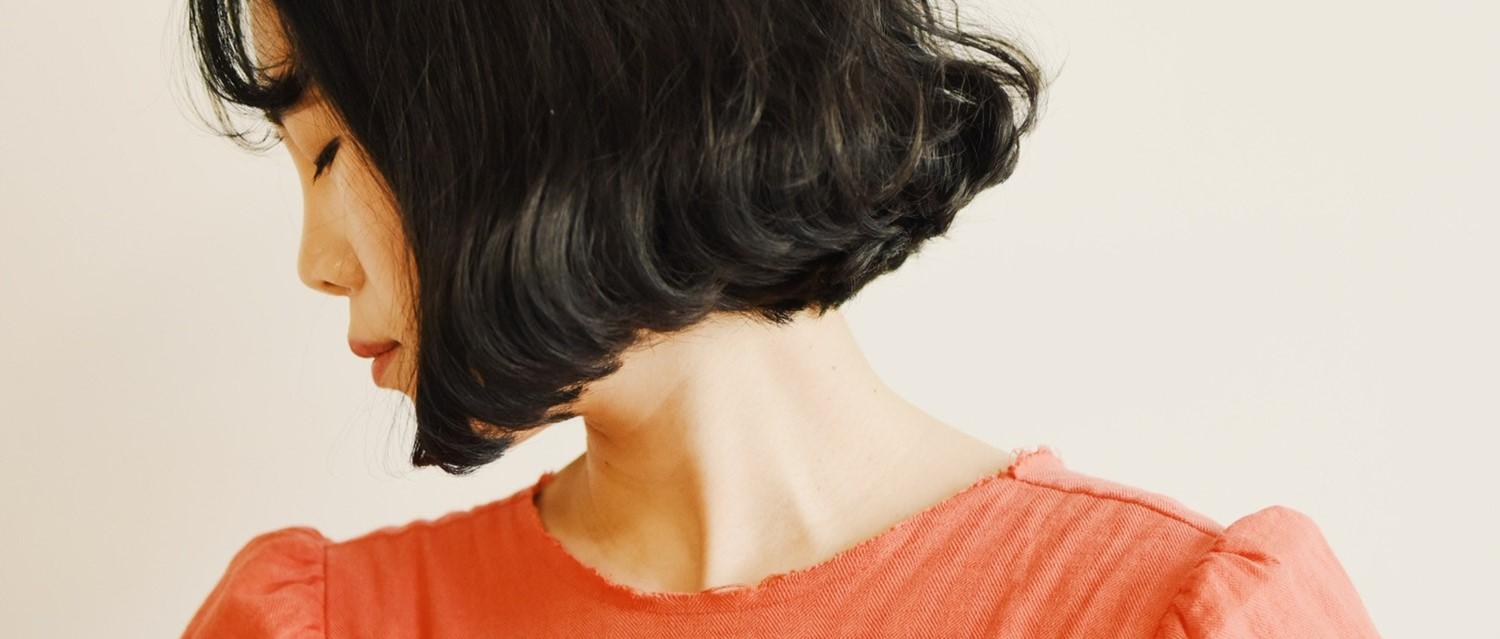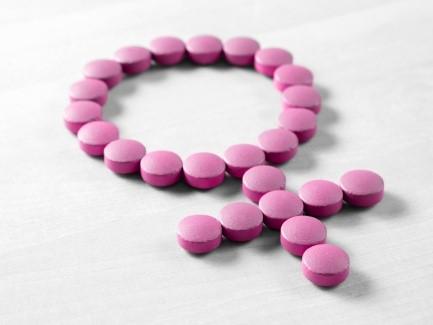
Does the menopause cause hair loss?
Peer reviewed by Dr Sarah Jarvis MBE, FRCGPLast updated by Natalie HealeyLast updated 30 Jan 2019
- DescargarDescargar
- Compartir
We all know the most common symptoms associated with the menopause such as hot flushes, but not everyone realises it can affect hair too. For many women, hair is intrinsically linked to self-esteem. So how do you get through this time with your crowning glory intact?
En este artículo:
GP Dr Aarti Narayan Denning, who specialises in cosmetic medicine, points out that hair loss during the menopause and perimenopause is more common than you might think.
"Most women experience overall hair thinning rather than noticeable bald spots. The thinning can occur on the front, sides, or top of the head. Hair may also fall out in large clumps during brushing and showering," she points out.
"It's estimated that around 70% of women over the age of 70 experience hair loss," she adds.
Nevertheless, such a change in your appearance can be understandably distressing.
Seguir leyendo
Why menopause affects your hair
Why might the menopause affect your hair? The answer, of course, is hormones. Lack of oestrogen could lead to a lacklustre mane.
"Hair loss during menopause is the result of lowered production of oestrogen and progesterone. These hormones help hair grow faster and stay on the head for longer periods of time. When the levels of oestrogen and progesterone drop, hair grows more slowly and becomes much thinner," Denning explains.
Selección de pacientes para Menopausia y THS

Salud de la mujer
Cómo aliviar el dolor articular durante la menopausia
El dolor articular es uno de los muchos síntomas posibles de la menopausia. Los ajustes en el estilo de vida, incluidos los cambios en la dieta y la rutina de ejercicios, pueden aliviar los dolores y ayudar a prevenir la artrosis y la osteoporosis. También existen otras opciones de tratamiento, como la terapia hormonal sustitutiva (THS), los medicamentos de venta libre y los suplementos para la menopausia.
por Amberley Davis

Salud de la mujer
Menopausia
La menopausia es el momento en que los ovarios dejan de producir óvulos cada mes, es decir, 12 meses después de la última menstruación. La perimenopausia es el momento en que los periodos son menos regulares y se dice que estás en la posmenopausia cuando tu último periodo fue hace más de 12 meses, y esto no se debe a que tus periodos hayan cesado por otra razón, como el uso de un anticonceptivo que interrumpe tus periodos.
por la Dra. Hayley Willacy, FRCGP
The psychological impact
The majority of us can relate to the lack of confidence associated with a 'bad hair day'. And many women find that menopause-associated hair loss damages their confidence.
"We live in an age of easy image sharing and broadcasting, with the side-effect that our appearance is exposed to judgement. Even though hair loss is not life-threatening and considered cosmetic in many cases, the effects on patients' quality of life are real," says Denning.
And the research backs this up. While both men and women are affected by hair loss, the impact may be more devastating in women, sometimes leading to social self-exclusion and severe depression.
Seguir leyendo
Opciones de tratamiento
But if you've become unhappy with your hair since the menopause, you're not alone. More comforting still, there's plenty that can be done.
Denning advises that you speak with your GP early - as soon as you notice a change in your hair - so that a possible cause can be identified. You might have a nutritional deficiency, for instance, that can easily be remedied with the right supplement.
She explains that your doctor will want to take a full medical history.
"I look at a woman's stress levels, changes in hormone treatment, chronic illness, life stage changes. And of course, examining the hair to look for any physical changes."
Your GP might call for some blood tests, to check for healthy levels of iron and various vitamins, along with your thyroid and other hormones.
If the blood tests come back normal, hair loss treatment minoxidil is sometimes prescribed, which many women find helpful - although this is highly unlikely to be available on the NHS. But don't rule out non-medical intervention, says Denning. Never underestimate how much your hair will thank you for avoiding aggressive styling, irritating chemicals and heat treatments. "Sometimes the simplest approach is the best."
What about HRT?
If hair changes during the menopause are associated with other uncomfortable symptoms such as skin changes, hot flushes, and mood swings, hormone replacement therapy (HRT) may be worth looking into. But always ask your GP whether it's appropriate for you.
"We need to take into consideration the many different factors affecting hair growth, hair fall and hair distribution first," cautions Denning. "But the good news is that when hair loss is part of normal hormonal changes and ageing, it is treatable."
However, it's important to bear in mind that the risks and benefits of HRT must be carefully assessed before planning treatment.
Historia del artículo
La información de esta página ha sido revisada por médicos cualificados.
30 Jan 2019 | Latest version

Pregunte, comparta, conecte.
Explore debates, formule preguntas y comparta experiencias sobre cientos de temas de salud.

¿Se encuentra mal?
Evalúe sus síntomas en línea de forma gratuita